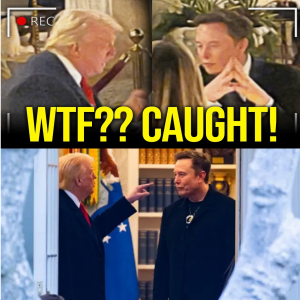It began as a passing remark in a radio interview. Within hours, it had become a headline rippling through New York’s political and legal circles: Alan Dershowitz, the longtime Harvard law professor and constitutional lawyer, announced that he intends to leave New York City — a city he has called home for much of his life — citing what he described as an “atmosphere of hostility” under Mayor Zohran Mamdani’s administration.

Speaking on a conservative podcast earlier this week, Mr. Dershowitz, 85, said he no longer recognizes the city’s political climate. “I used to feel this was the center of free debate,” he said. “Now it feels like ideological conformity is being enforced from City Hall.”
The comments immediately sparked a storm of discussion across social media and talk radio. Supporters of the mayor dismissed the remarks as political theater; critics of the administration, meanwhile, portrayed them as emblematic of a growing exodus of wealthy and high-profile residents frustrated by crime, taxes, and progressive city policies.
Mr. Mamdani, a former state assemblyman who took office pledging to expand tenant protections and policing reforms, has often been a lightning rod for conservative pundits. His supporters call him a new-generation reformer committed to social equity. Opponents, including Mr. Dershowitz, accuse him of being “ideologically rigid” and unwilling to engage dissenting voices.
In a statement released Thursday, the Mayor’s Office declined to comment directly on Mr. Dershowitz’s remarks but emphasized that “New York remains a city for everyone, regardless of politics.” A senior adviser, speaking on background, said that while the mayor respects the professor’s career, “rhetoric like this is meant to inflame rather than inform.”
Behind the scenes, friends of Mr. Dershowitz say his decision is not merely symbolic. According to one close associate, he has already begun looking at property in Florida, where he maintains close ties and often spends winters. “He’s serious about it this time,” the associate said. “He feels ostracized — not just by politicians, but by the cultural elite.”
That sense of alienation is familiar territory for Mr. Dershowitz, who over the past decade has found himself increasingly at odds with former allies in academia and the media. Once a fixture in liberal legal circles, he has become a frequent guest on conservative networks and a vocal critic of what he calls “cancel culture.”
Political observers note that his announcement comes amid a broader national migration pattern: high-income residents leaving major urban centers in favor of lower-tax states. “Dershowitz’s comments carry symbolic weight,” said Dr. Elaine Parker, a political scientist at Columbia University. “He represents an older guard of intellectual liberalism that feels displaced by a younger, more activist generation of city leadership.”
Still, not everyone views the episode as a major political moment. Some see it as part of a long-running personal saga — a public intellectual navigating his legacy in an era when partisan lines are sharper than ever. “Alan has always enjoyed being provocative,” said one legal historian. “Announcing he’s leaving New York gets him attention and puts him back in the conversation.”
As debate over his remarks spread online, hashtags like #DershowitzNYC and #MamdaniResponse trended on X and TikTok, underscoring the increasingly blurred line between political commentary and celebrity discourse. Late-night hosts made jokes about the feud, while local tabloids splashed the story across front pages.
Whether Mr. Dershowitz ultimately leaves New York remains uncertain. What is clear is that his statement has reignited conversation about the city’s identity at a moment of national polarization.
“New York has always been loud, messy, and argumentative,” said Dr. Parker. “If even Alan Dershowitz can’t handle the noise, maybe the city is changing — or maybe he is.”
For now, the professor remains in his Manhattan apartment, fielding calls from reporters and critics alike. When asked whether he might reconsider, he offered a characteristically pointed reply: “I love New York,” he said, “but I’m not sure New York loves me back.”





